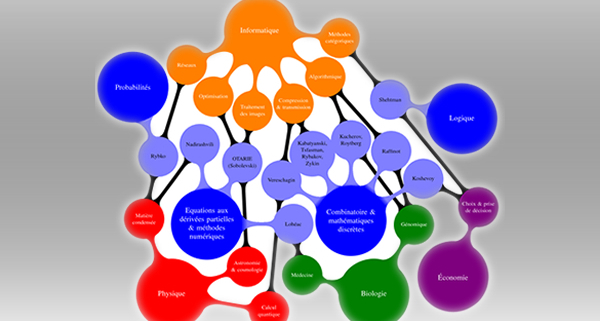Technical and scientific translations and their terminology and jargon
What are the keys to a successful technical or scientific translation?
The terminology and jargon used for technical and scientific translation is isomorphic!
A technical or scientific text typically uses specific terminology, which puts the text in the territory of denotation (namely, the relationship between the word and the object it stands for) to the detriment of connotation (the hidden and metaphoric meaning of a word, which often has a poetic quality to it). Let’s take the word “open”, for example, which can refer to the physical condition of an object (denotation) or a human condition (connotation: having an open mind = receptive); generally speaking, denotation is typically used in prose, while connotation is a common component of poetry.
Technical and scientific terminology is not affected by the natural phenomena whereby languages evolve, instead changing only pursuant to progress and the advent of new technologies: in other words, it is updated by relevant standard authorities.
Unlike natural and literary language, technical and scientific language is isomorphic when it comes to vocabulary: each concept has just one corresponding expression, meaning that there is an invariable certainty that every concept A expressed by an expression A1 in one language will correspond to an expression B in another language.ua.
All this makes it hard to understand the “closed” text: hence, an uninitiated reader tackling a technical text — even where presented in a popularized form — or an instruction manual, is faced with having to perform a real feat of intralingual translation: from technical jargon to natural language.
On the other hand, the use of specific terminology in a field makes it easier to understand (and translate) once you have mastered or have access to the terminology being used.
Professional technical translators have to seriously factor these aspects into their work and adjust their approach in order to gain familiarity with the jargon of any text. This is a necessary step in order to achieve the best possible outcome for any technical or scientific translation: saying the same thing in another language.





